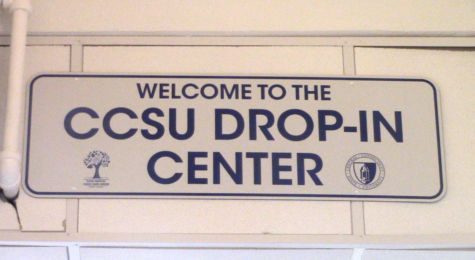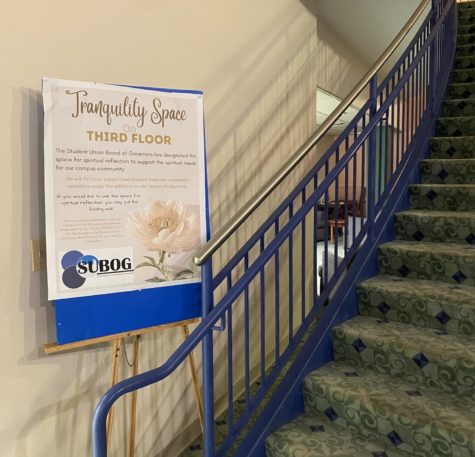Crossing Borders Under Covid-19
November 25, 2020
126 miles a day; for most, a commute of 126 miles a day, or 63 miles each way, would not be worth it. For Colton King, 23, this is the reality.
When coronavirus hit the United States in March 2020, people around the country began to panic.
In response, states began implementing restrictions, where certain states would not allow other state residents in due to the number of cases in that other state.
So, what did this mean for people who worked in a different state than the one they resided in?
This is the situation Colton King, who has been employed at PGA golf course TPC River Highlands in Cromwell, CT as a banquet captain for over a year, finds himself in.
King, a Rhode Island resident, commutes 63 miles each way every day to get to work, which can take anywhere from 2.5 to 4 hours per day.
“Everyone has their own personal thought about COVID-19, but personally to me, the commute over the state lines of Rhode Island and Connecticut hasn’t changed much due to the virus,” King said.
“The only caution I had to take was to get a note from my general manager stating the reason I was driving in the state of Connecticut with a Rhode Island registration was for work,” He added.
Though King is not too worried about the virus, in regards to traveling over the border, he remains concerned if members at the golf course will not be as diligent with following the rules as he has been, meaning he may get infected with COVID-19 that way.
This is in part due to the travel restrictions within the state, despite Connecticut being a resting point for several travelers. He continued on to explain that he believes limiting the traffic through each state also impacts that location’s businesses, which then affects how much money business owners and their families are making in order to survive.
“Putting a limitation of travel on a state that has highways that run through the state from one end to another, is tough due to 18 wheelers shipping product, distribution of products for stores and so much more that we don’t see every day,” he added.
“Traveling is a part of our society, not just for work but also for making memories and spending time with family that you may not see often due to work and or daily life obstacles,” King stated.
Alexandre Durand, 20, is currently a resident in Waterbury. However, this is not where he grew up. Durand spent the better part of his childhood in Lac Megantic, Canada.
Prior to COVID-19, Durand had planned to go up for about a month during the summer to spend time with his family and revisit his hometown. He has not seen his family in years. Unfortunately, the pandemic also foiled these plans.
“Because of Covid, I haven’t been able to see my family for a while. We are planning to go up in January if the borders reopen,” Durand said. “I miss them, so I’m trying to stay positive that the borders will open up by then.”
Callie Williams, 22, and Narie Seng, 21, are two of a group of six who planned to fly to Banff National Park in Alberta, Canada at the start of the fall season. Unfortunately, this trip was canceled due to the U.S-Canada border being shut down.
“It’s definitely disappointing, but I understand the need for Canada’s border to remain closed. We’re in a really strange time so we’ve all got to roll with some punches,” Williams shared. “I’m glad we were able to change our plans fairly smoothly and am really excited to go on the trip in the future!”
Fortunately for the six, the entire friend group has gotten airline credit for the travel arrangements they had already made.
“I am upset that it happened,” Seng said. “but in the pandemic, there are so many things changing that all we can do is work around it and try our best.”















